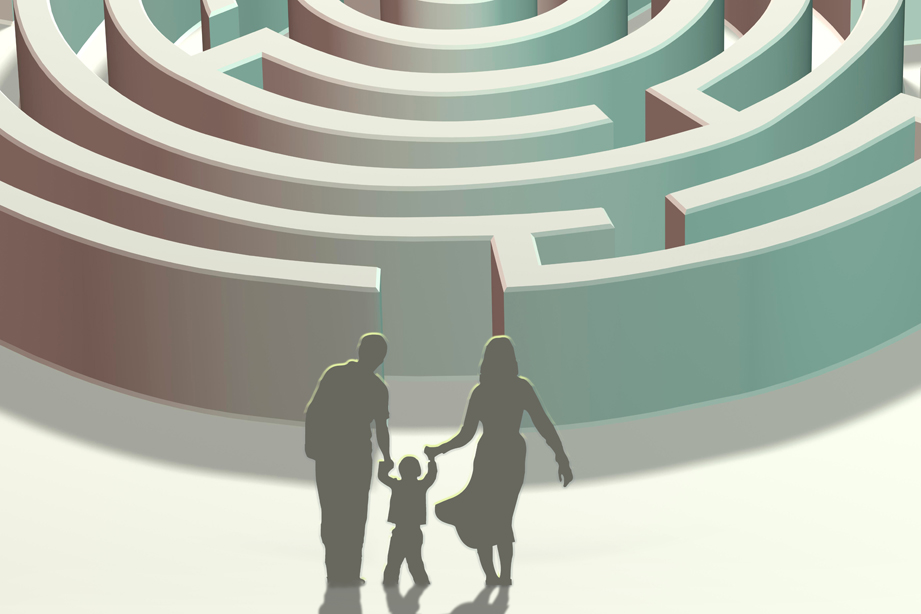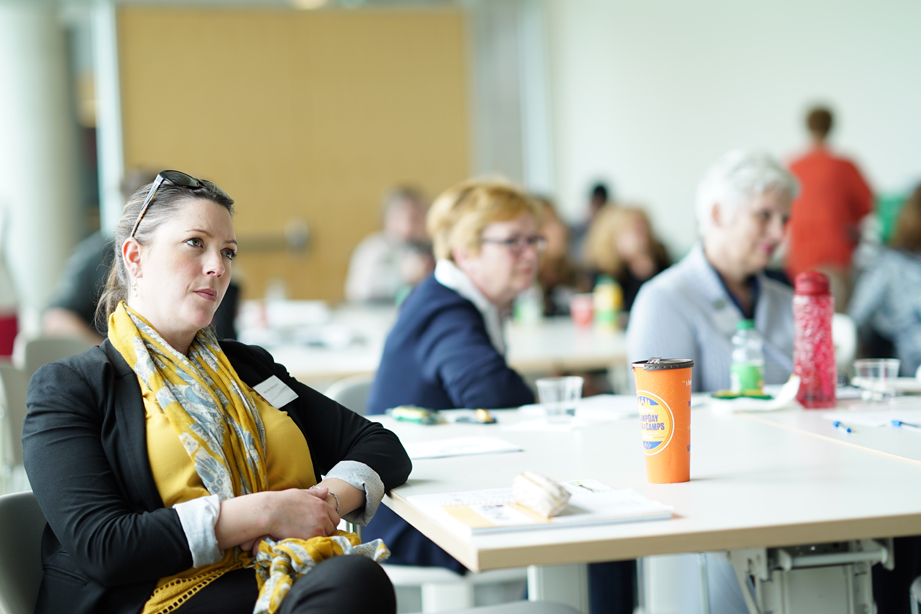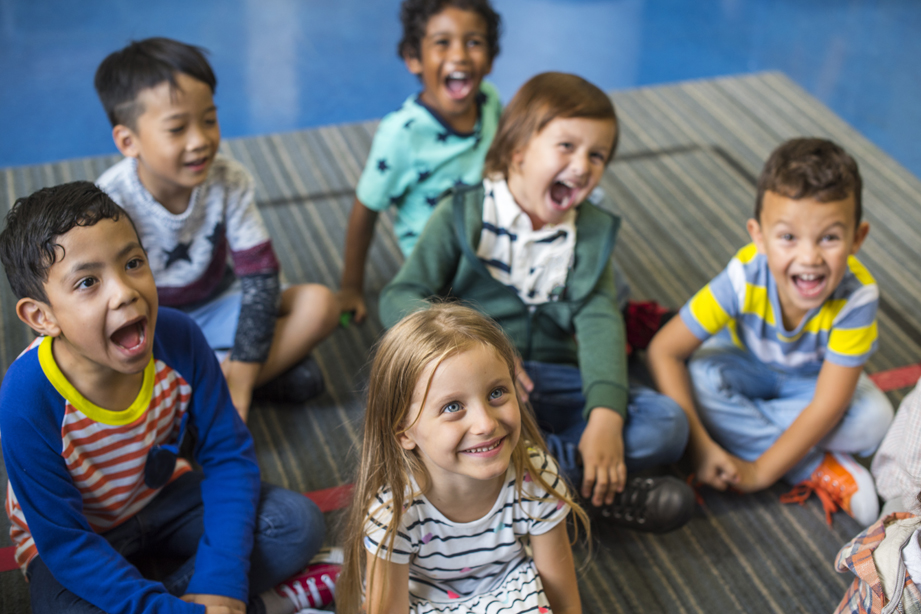F-Words Training Project Summary: Functioning, Family, Fitness, Fun, Friends, and Future CanChild’s ‘F‐words for Child Development’ offer a fresh way for everyone to look at health. Based on World Health Organization (WHO) concepts, they present a holistic, strengths‐based, function‐promoting, family‐centred approach to child health. These ideas have captured the attention of [...]
A New Family-centered Ecological Model in Autism Services
Nicolas Turgeon-Morin2023-05-31T10:30:56-08:00Challenge Many autistic children experience high levels of emotional and behavioural challenges that are often long-lasting and stressful. Parents and caregivers play a powerful role in supporting their kids’ emotional wellbeing. Research has shown that certain factors (such as caregiver mental health, social connections, and access to services) can influence autistic children’s wellbeing in [...]
Empowering Children to Achieve Power Mobility with Brain-computer Interfaces
Nicolas Turgeon-Morin2023-05-31T10:46:09-08:00Challenge Thousands of Canadian children living with severe physical disabilities are intellectually capable but unable to move independently. They are trapped inside their bodies, deprived of their fundamental human rights to interact, and participate. BCi-Move Project Summary An emerging technology, brain‐computer interfaces (BCIs), are a potential solution. BCIs allow individuals to interact with [...]
Working with Families of Infants at Risk of Speech and Language Delay
Nicolas Turgeon-Morin2023-05-31T10:48:48-08:00Challenge Imagine worrying that something is not quite right with the way your infant is communicating or being told in preschool that your child has a significant speech delay. Next, imagine being on a waitlist for more than a year, and watching your child fall further behind in their language skills. Sadly, such stories [...]
Implementing a Collaborative ACT Intervention for Family Caregivers
Nicolas Turgeon-Morin2023-05-31T10:50:50-08:00Challenge Family caregivers of people with neurodevelopmental disabilities (NDDs) often experience stress and mental health difficulties (e.g., anxiety, depression). However, there are few services to support their wellbeing. Acceptance and Commitment Training (ACT) helps people to cope by increasing acceptance and mindfulness skills, which may help these caregivers. Commitment Training (ACT) Project Summary The [...]
Working Towards a Better System for People Living with Neurodevelopmental Disabilities
Nicolas Turgeon-Morin2023-10-19T10:31:35-08:00Challenge While every neurodevelopmental disability (NDD) has its unique challenges, there are consistencies among them, one of which is the difficulties parents face navigating the system. Project Summary The Integrated Navigational Support Program is working to make it easier for families to access supports and services. The project currently has three sites—Vancouver, Edmonton, and [...]
Fetal Alcohol Resource Program
Nicolas Turgeon-Morin2024-07-16T10:03:47-08:00Challenge Accessing supports and services for FASD can be very challenging, and families and individuals are often unaware of existing supports or face barriers to access. Project Summary The Fetal Alcohol Resource Program (FARP) was established in 2015 in collaboration with Citizen Advocacy Ottawa (now ABLE2). Its purpose was to take on a navigator [...]
Developing a Community of Practice (CoP) to Support Broader Implementation of the MILE Program
Nicolas Turgeon-Morin2023-10-19T10:24:40-08:00Challenge Math presents a steep challenge for many school-aged children, mainly when a learning disability or neurodevelopmental disorder (NDD) affects some of the skills that it requires. Students who were prenatally exposed to alcohol, for example, can struggle with visual-spatial processing, working memory, and self-regulation : the ability to monitor and exert control over their thoughts, [...]
Connecting Families with FASD Resources
Nicolas Turgeon-Morin2023-05-04T06:28:21-08:00Challenge When a child receives an FASD diagnosis, families are often left feeling isolated and unsure where to turn to next. A major challenge for caregivers is finding what resources exist to help their child and how to access them. Project Summary KBHN researchers worked with community partners to design the Fetal Alcohol Resource Program [...]
The Family Engagement Core: Making a Difference to Families Caring for Children with Neurodevelopmental Disorders
Nicolas Turgeon-Morin2023-05-04T06:38:35-08:00Challenge Many families of children with neurodevelopmental disabilities (NDDs) don’t want to be just passive research subjects; instead, they want to be active research partners. A project tends to have greater relevance when it arises directly from the needs and priorities of families rather than solely the interests of researchers or their funders. Despite this, [...]










